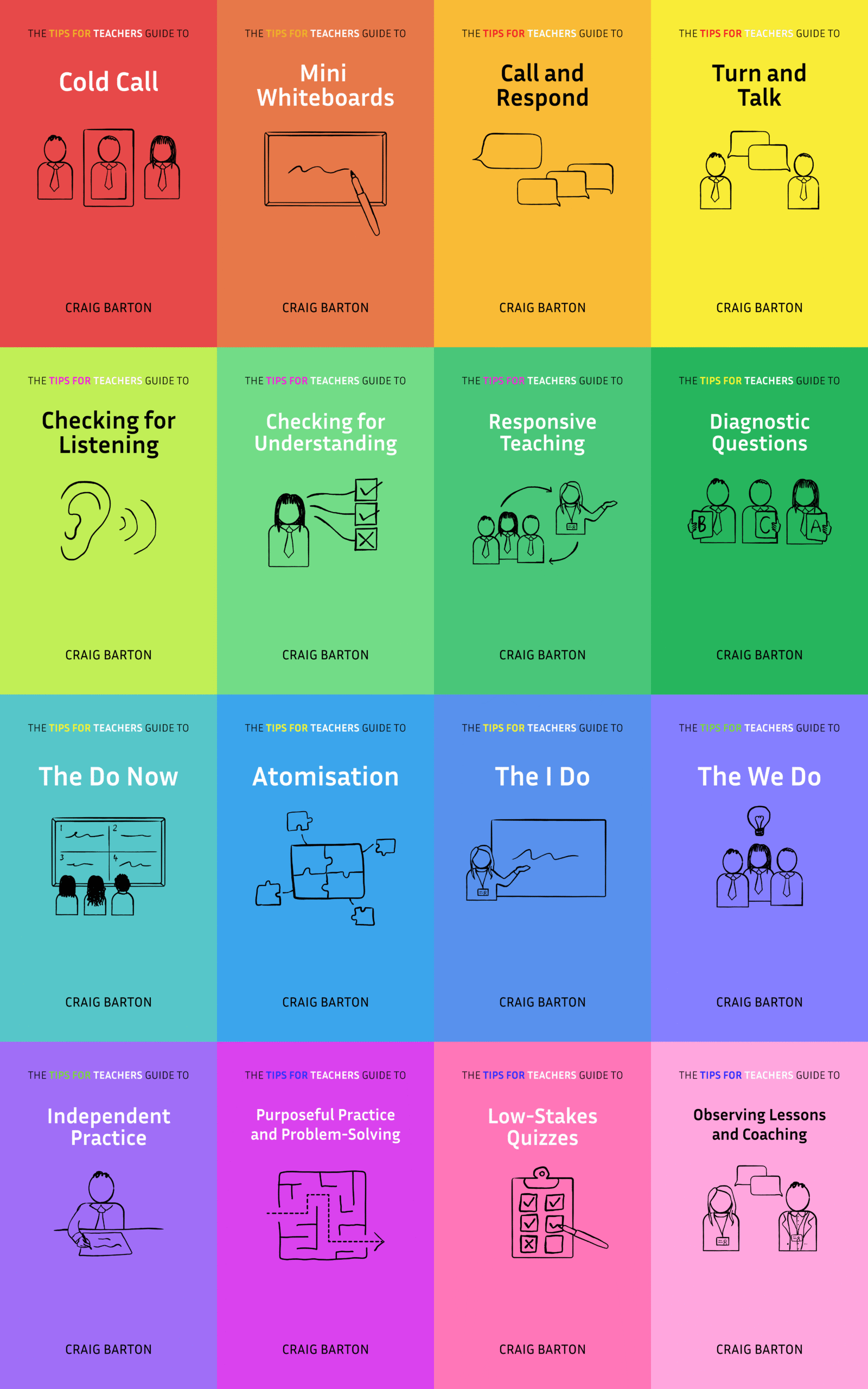Summary
This YouTube transcript advocates for a “less but better” approach to teaching and school improvement. The speaker argues that focusing on fewer, high-impact activities—whether in individual lessons, professional development, or school-wide initiatives—leads to better outcomes for both teachers and students. This involves identifying key learning objectives and eliminating extraneous activities to reduce cognitive overload. The speaker uses the 80/20 rule as an analogy and suggests that concise explanations and standardized activity formats enhance learning. The approach is applicable across various settings and subjects, promoting efficiency and deeper understanding.
What are the implications for teachers?
The sources suggest several implications for teachers, primarily revolving around the idea of doing less, but better. Here are some key implications:
- Lesson Planning: Teachers should cut their lesson plans in half, focusing on a few key activities instead of many. This involves identifying the core concept of the lesson and choosing one or two activities that will allow students to engage deeply with that idea. The goal is to promote cognitive activity over “activity activity”.
- Activity Selection: Teachers should focus on high-value activities that can be used across different topics. Instead of having a different type of task for each topic, teachers can use a single activity structure, such as a Venn diagram, across different subject areas and topics. This reduces the cognitive load for both the teacher and the students because they become more familiar with the structure and can focus on the content.
- Standardizing Approaches: Standardizing the way teachers approach tasks can be productive. For example, if students always approach a piece of evidence in the same way, they can think harder about the content of the evidence rather than how the activity works. This standardization could involve a few (5 or 10) key activities that are used across different lessons.
- Focus on Key Concepts: Teachers need to start by identifying the key things they want students to understand, how they will know if the students have understood it, and what misconceptions might arise. This should inform the selection of activities, and allows teachers to focus on the most important parts of the content.
- Concise Explanations: Teachers should aim to be clear and concise when explaining concepts, avoiding overwhelming students with too much information. Explanations should be kept to a minimum, letting models do the work. Using fewer words allows students to focus on the content.
- Professional Development: Teachers should apply the “do less, but better” approach to their professional development. Instead of trying to implement many changes, teachers should focus on one or two key areas and make sure they are implemented well.
- School Improvement Plans: School improvement plans should be limited to a few key areas, instead of a long list of items. Trying to do too many things at once is not effective. Instead, focus on the key goals and give them the time and resources they need to be implemented well.
- Prioritize Learning: Teachers should prioritize student learning over covering a large amount of content. It’s more important to ensure that students have truly learned something than it is to make sure that all topics have been covered.
- Be wary of over-planning: Over planning, especially when being observed, is a mistake. It’s better to slow down and focus on quality rather than trying to fit everything in.









